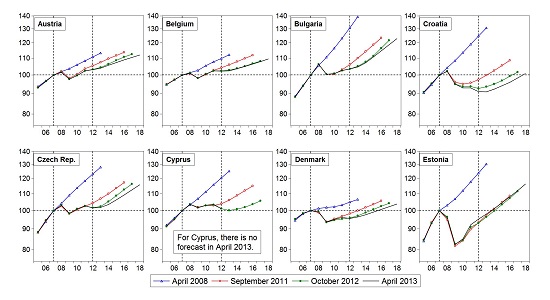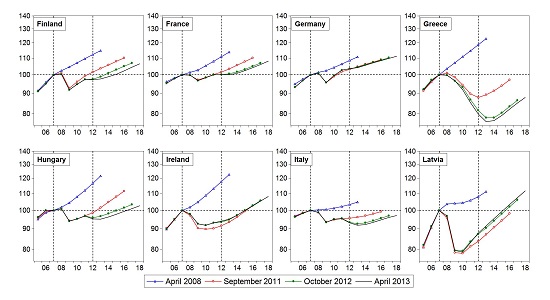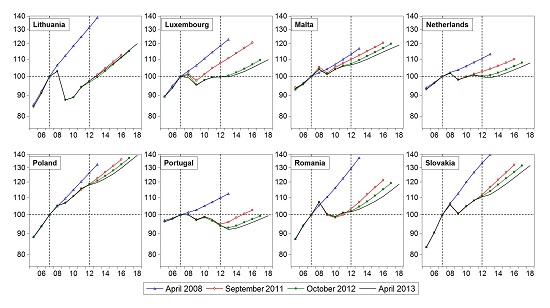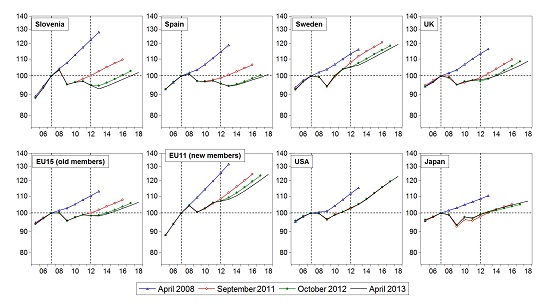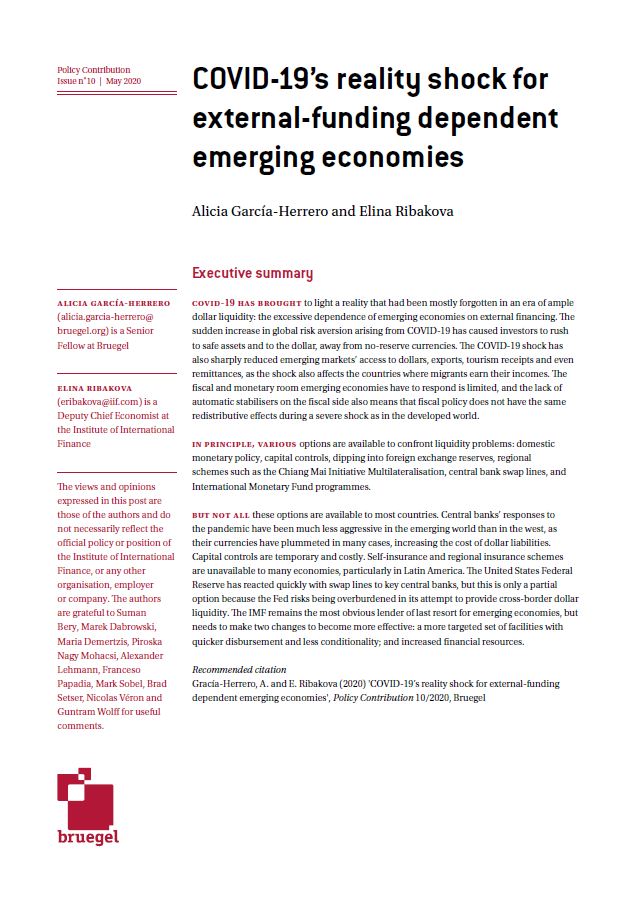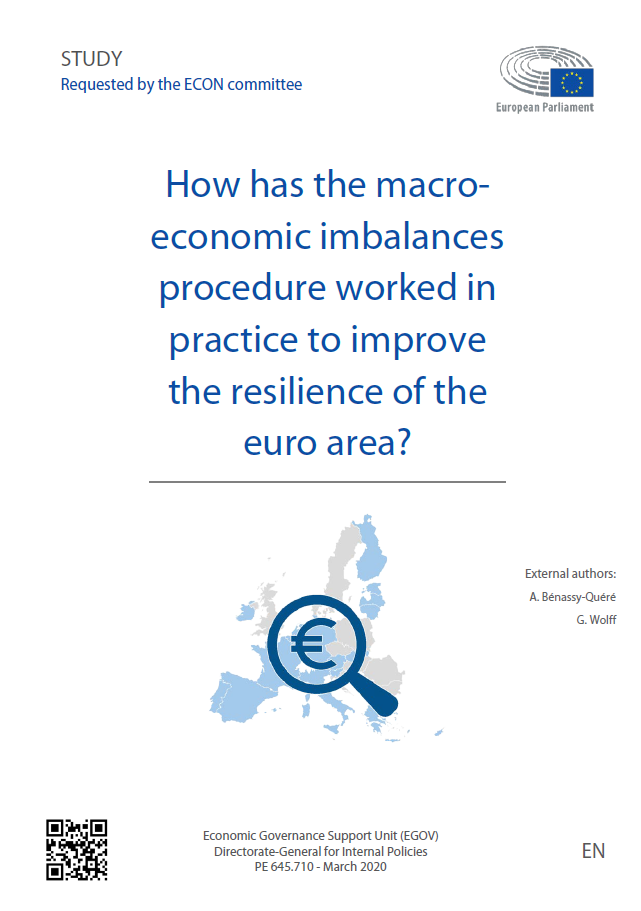Blog Post
New IMF growth forecasts: EU revised downward, once again
The IMF published its new World Economic Outlook today (see the report here and the database here). Once again, euro-area’s outlook has been revised downward, but this is not the case for the USA and Japan.
The IMF published its new World Economic Outlook today (see the report here and the database here). Once again, euro-area’s outlook has been revised downward, but this is not the case for the USA and Japan:
Growth forecasts at different dates (2007=100) (click to enlarge)
Source: calculations based on different editions of the IMF World Economic Outlook. Note: the first vertical dashed line in each panel indicates 2007, the second 2012.
The next figure shows data for each EU country, including the soon-to-be member Croatia. There were only six countries that did not face downward revision from October 2012 to April 2013: Belgium, Estonia, Germany, Ireland, Latvia and Lithuania. The other 22 countries faced smaller or larger downward revisions from the October 2012 outlooks, which, by the way, were not really bright for most.
It is high time to address Europe’s growth problem.
Growth forecasts at different dates (2007=100) (click to enlarge)
Source: calculations based on different editions of the IMF World Economic Outlook. Note: EU15: EU members before 2004; EU11: EU members joined in 2004=2007 except Cyprus (the current WEO does not include forecasts for Cyprus). The first vertical dashed line in each panel indicates 2007, the second 2012.
Read more on the IMF’s forecasts
Looking past the (West’s) end of the nose
The global economy’s Groundhog Day
Chart: IMF forecasts euro area inflation to stay well below 2% target for years to come
Republishing and referencing
Bruegel considers itself a public good and takes no institutional standpoint. Anyone is free to republish and/or quote this post without prior consent. Please provide a full reference, clearly stating Bruegel and the relevant author as the source, and include a prominent hyperlink to the original post.

